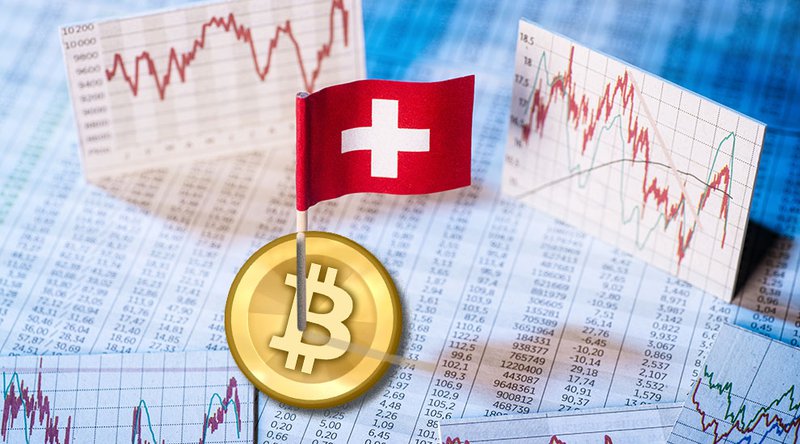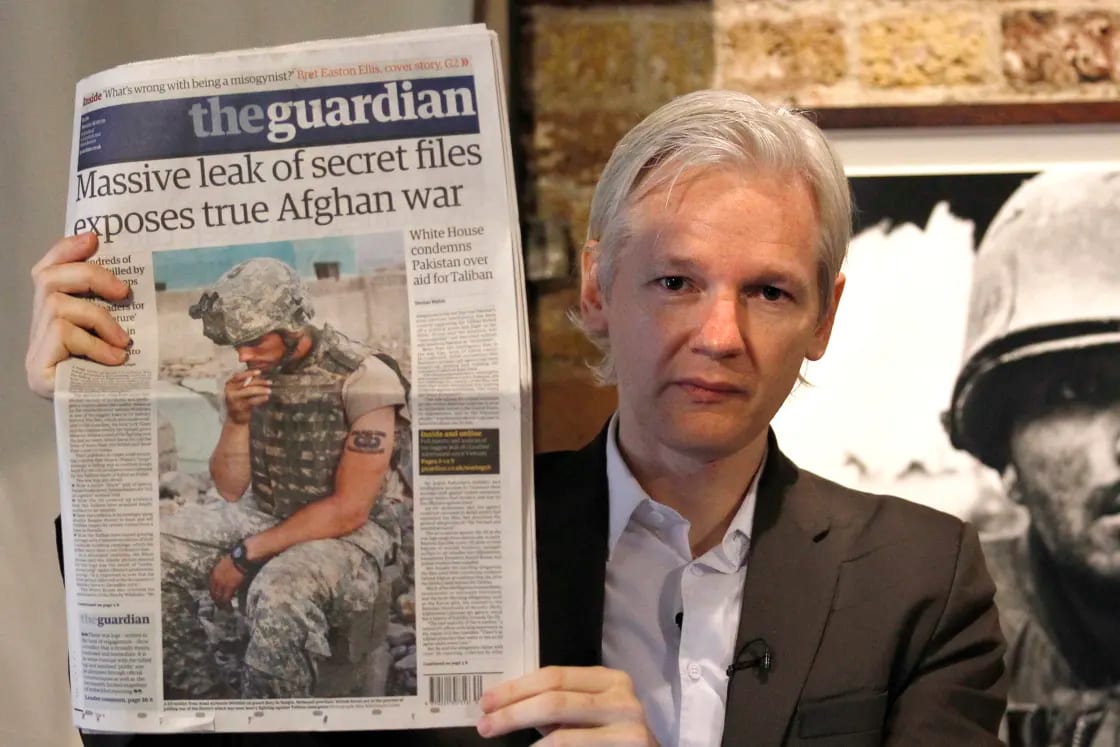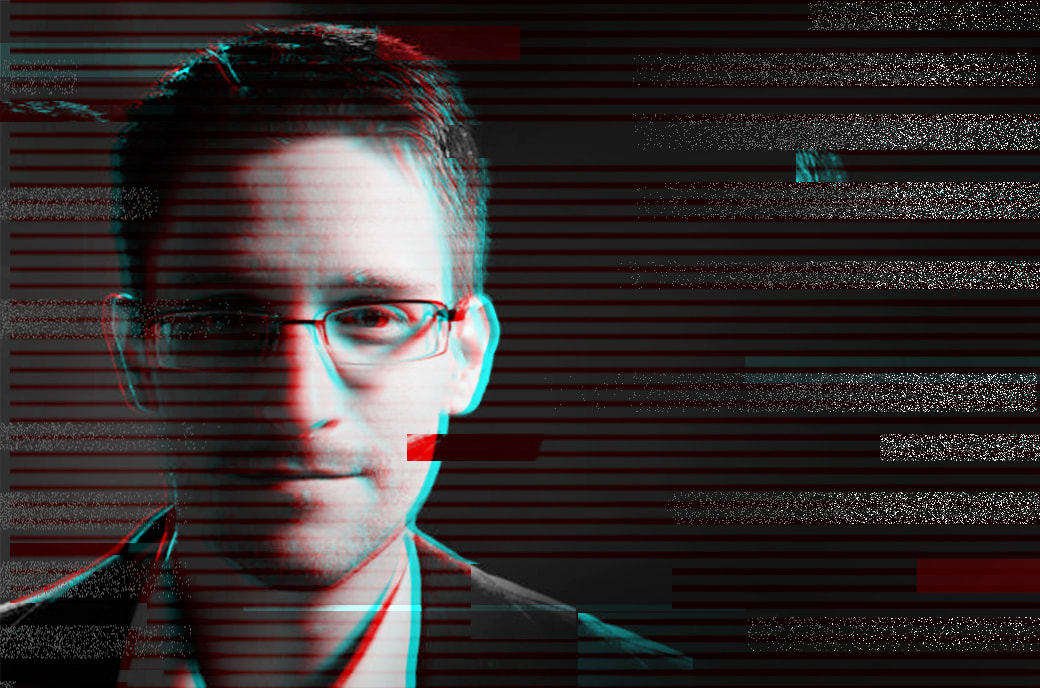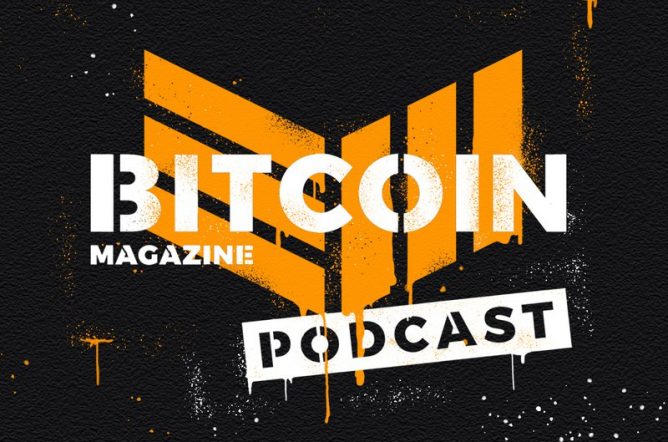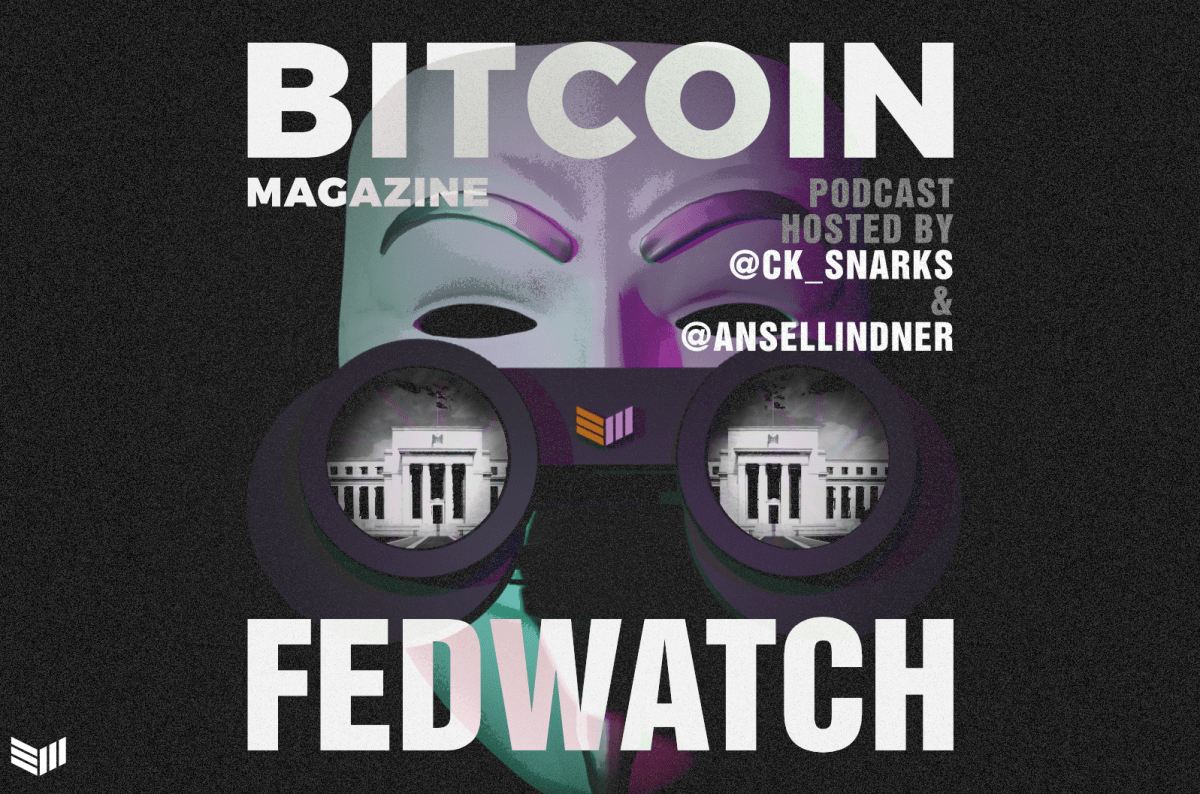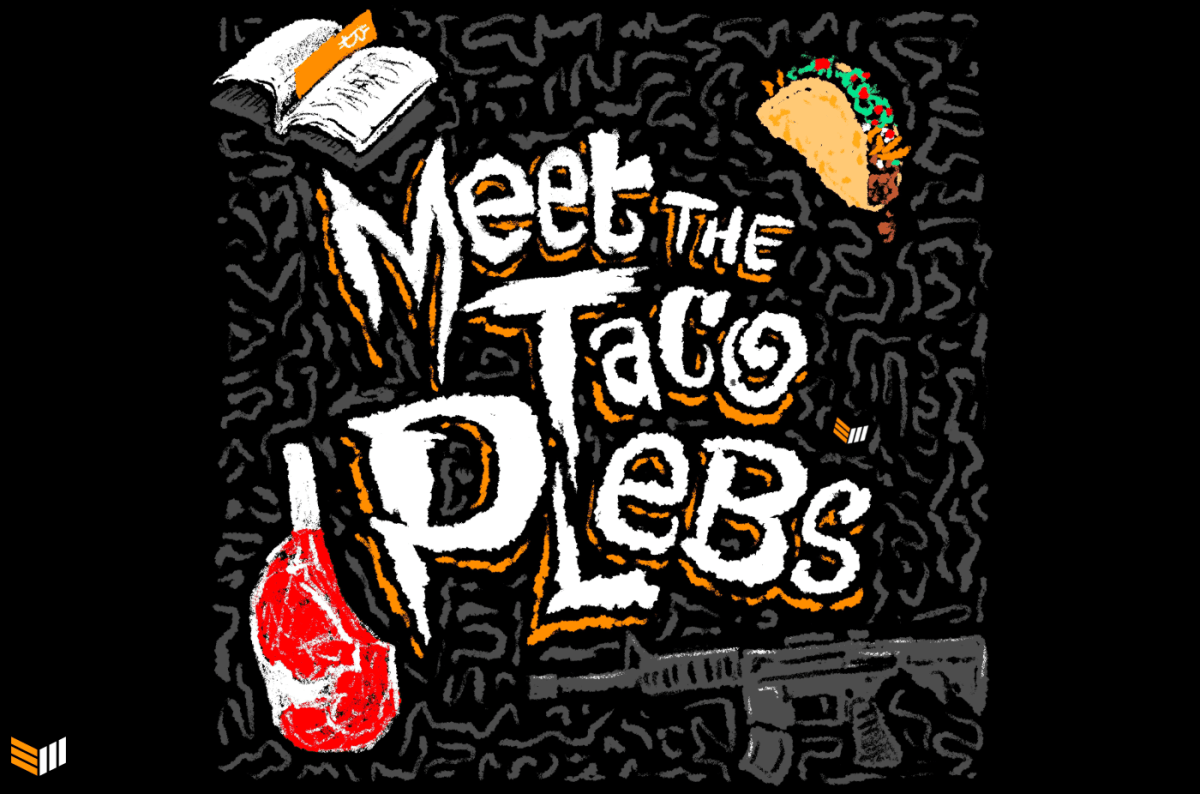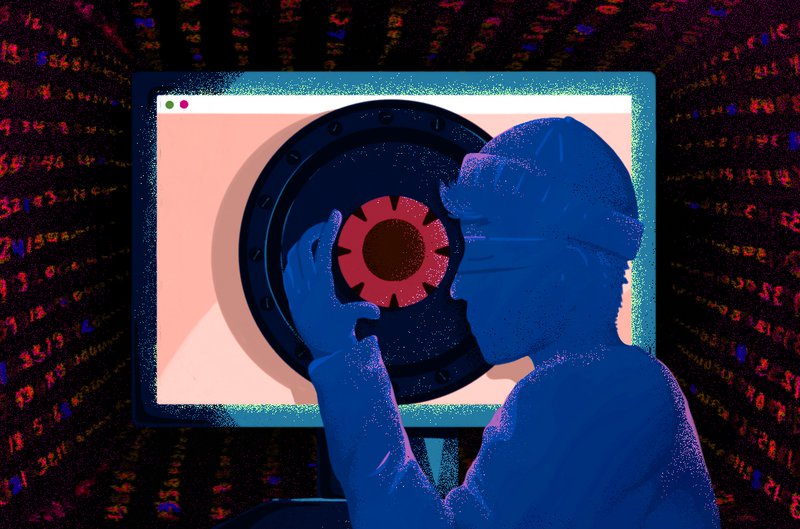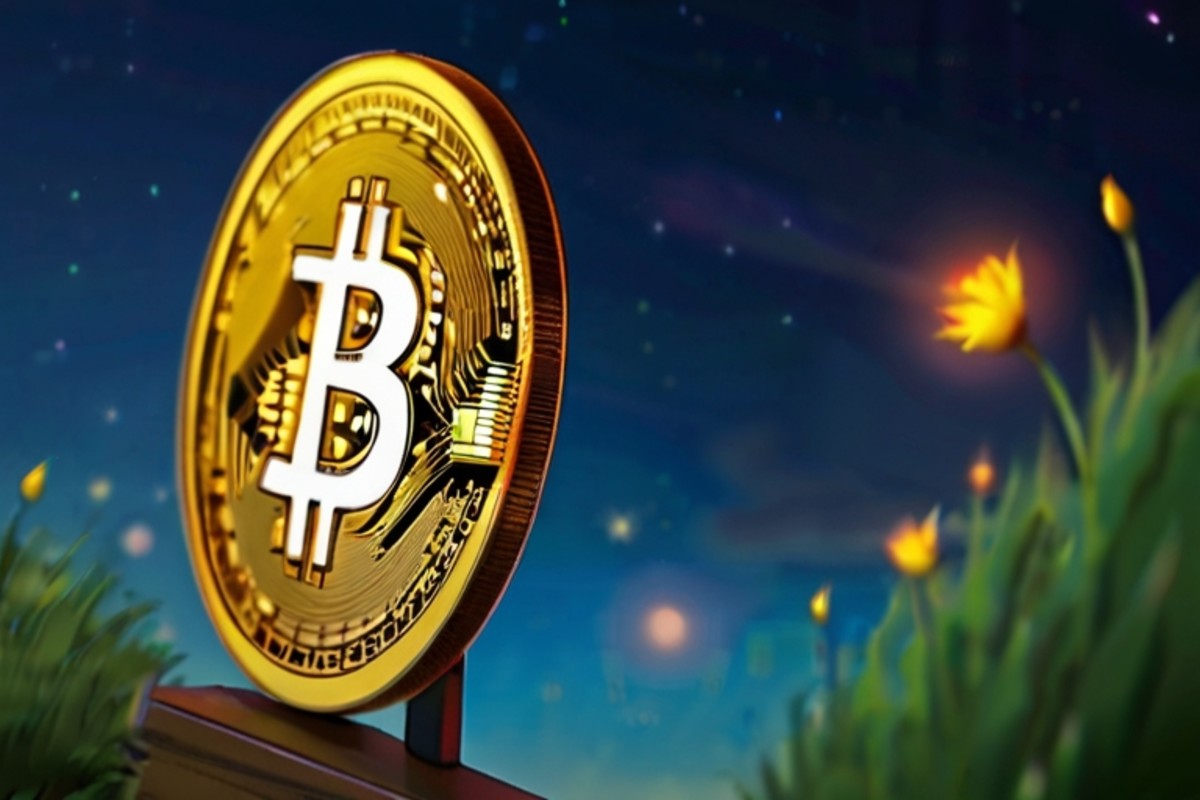To Know Bitcoin Is To Love Bitcoin
Understanding Bitcoin is a process, and involves an understanding of money itself.

It is my contention that an individual’s certainty of the inevitable success of the Bitcoin protocol is asymptotically correlated to that person’s understanding of it. Behind the Bitcoin protocol is an amalgam of technologies that work together to create a whole greater than the sum of its parts. To fully understand the profundity of this invention so early in its life, a person needs to have a hungry curiosity as well as the willingness to dedicate many, many hours of focused effort on key educational materials that span a variety of disciplines.
In the meantime, however, I will say: Understanding Bitcoin starts with understanding money. And that starts with realizing that you may not yet understand money from a first principles foundation.
Since the beginning of the technology which our civilization collectively refers to as “money,” the preferred value exchange medium of every age has always been naturally emergent and collectively agreed upon by a free market of trade due to specific attributes of that medium. Early examples include seashells, bones, beads, stones, and precious metals.
Until the development of the nation-state, money had never been a piece of paper whose use is mandated by force and whose sole value proposition comes from being backed by “the full faith and credit” of an organization which, as Murry Rothbard wrote in “Anatomy of the State,” achieves its ends by maintaining a “self-enforced monopoly on the use of force and violence, [and ultimate power of legislation] in a given territorial area.” Although as the territorial area of a government becomes more localized, voting necessarily becomes more transparent and easier to verify and settle.There are more practical and actionable checks and balances, as well as more manageable oversight. There is also a strong human element (social consensus layer), as members of any local government body are likely to know many of their constituents on a neighborly level.
Large, predatory government feigns to serve its citizens, but, as Rothbard notes, in reality it is “the only organization in society that obtains its revenue not by voluntary contribution or payment for services rendered, but by coercion.” The monopoly on legal coercion is maintained through violence, social conditioning and indoctrination, extortion, gatekeeping, exploitation and monetary debasement. At this point, many people will defend their governments, citing the services a government does provide: public safety, education, roads, social programs, safety nets, etc. I contend that such things are better managed and financed by public and private free industries operating within a free market of exchange under a sound money standard. In a scenario such as this, where prosperity itself is significantly more ample, the number of men and women who require social assistance will be greatly reduced. Those who do require it will be helped as they always have — through the beneficent generosity of those who have the means to provide assistance. It is important to note here that the moral standards of a sound money society are continually on the rise and after several succeeding generations of such, it will become increasingly clear that we live in a reality of abundance, both spiritually and materially.
As the standards and quality of life within a society flourish, so does that society’s industry, moral caliber and intellectual progression. This often leads to emergent solutions to fundamental problems. Take education for example: Save for a few specialized occupations in medical and research fields, modern society has collectively crafted a tool that has all but replaced centralized higher educational institutions. People have begun to realize they don’t need to spend $100,000 to waste four years on busy work just to receive a piece of paper saying they had the privilege. Vastly superior and arguably more relevant educations on any given subject can be attained in half the time by a sufficiently curious mind and an internet connection, which puts at our fingertips the entirety of the collective human knowledge base in video, graphical, audio and text formats, as well as provides the means to communicate in real-time 24/7 with billions of others for help. It’s important to note that neither the infrastructure nor maintenance of the internet requires the existence of a federal government.
For the most part, the useful services a state does provide neither accurately reflect the price of taxes paid nor does it justify the true cost of our enslavement as we allow a governmental monopoly on money to persist. The hijacking of free-market money and the gradual transition to monopoly-mandated fiat currencies spans over several centuries and was completed in the U.S. in 1971. The fiat monetary system is an inherently evil system designed to increase wealth inequality while also enriching those highest up in the system (search: “Cantillon effect”).
Furthermore, fiat money is debt. It only comes into existence via a loan, which future generations of taxpayers will be required to pay back, plus interest. Fiat money inexorably requires ever-increasing levels of more fiat money to prevent a complete collapse. It is the very definition of a Ponzi scheme. (see: The Biggest Scam in the History of Mankind.)
Thanks to Bitcoin, we now have a non-violent opportunity, a “sly roundabout way that governments can’t stop” to return to a free-market-sound-money standard. The hyphenated words are to differentiate between the common notion of a “free market economy” versus one in which society has the freedom to select its monetary asset.
What you’ll be witnessing over the next 10 years is the global market naturally converging on the most advanced monetary technology to ever exist, which will increasingly become the world’s preferred method of exchanging value. I think it’s important to emphasize that I am not advocating for total removal of government, but rather a simple separation of money and state, in which case the necessary purview of government would be greatly reduced.
Society needs an enforcer of ethics and standards for suppliers and providers of the public. In “The Principle of Sound Money,” Ludwig von Mises asks, “But how to keep under control the men entrusted with the handling of the government apparatus, lest they use their position to harm those whom they were elected to serve? How to prevent the rulers from using their position to become despots and enslaving the citizenry?” Governments have monopoly control over the creation and issuance of a monetary system and constitutional authority to dictate all legislation and regulation concerning the use and conditions of that system, which results in a debt-slave rat race that keeps the majority of people unaware, overworked, underpaid, extorted, and metabolically unhealthy.
Remove from the hands of the state the monopolistic power it wields over money — the very tool that humanity uses to shape and forge civilization itself — and watch the state become a servant of “We the People” once more.
It’s a little-understood fact that money is perhaps one of the most fundamentally important technologies that’s ever emerged from our species. It is a tool developed by mankind for the purpose of preserving, channeling, exchanging, focusing and directing human time and energy. That stored time and energy is the very driver that catalyzes the advancement of our species’ civilization.
Money’s role in our species’ ability to aspire to such unimaginable heights as the modern age is as significant as the development of the complex communication system we know as language, another emergent phenomenon of our species.
Just as language allows us to communicate general information, monetary technology allows us to communicate value. Money can be thought of as a vast value assessment and allocation network that communicates what we collectively value and how much we value it. Ultimately, it signals to the world where our energy as a civilization is incentivized to continue focusing.
To control, subjugate and manipulate a society’s value assessment and allocation network is to control and direct the people within that society towards certain behaviors and ends. By distorting natural incentives to save, grow, build and contribute, a monetary standard that is rooted in debt, debasement and inflation encourages unchecked consumerism, reckless corporate growth, laxing moral standards and short-sighted decision-making that often goes against the best interest of future generations for the sake of short term profits.
Unlike the communication we exchange via language — where dishonesty is common and repercussions can be ambiguous — unfettered value communication created by markets exchanging a free-market-monetary-asset is incentivized to be truthful. This is because any dishonesty would quickly and accurately be revealed by changes reflected in corresponding markets, and it’s never in the long term interest of a participant to lose money or damage reputation in such a way that would put them out of business.
In a centrally-planned monetary system, dishonesty is not allowed to be reflected in market fluctuations because all price-signaling indicators are dampened and controlled. Things like manipulating interest rates, mass creation of new monetary units, bailing out reckless or malicious entities and regulations imposed by the central planners keep free-market price signals suppressed and unable to communicate problems within the system.
When you interfere with and manipulate the natural price-signaling mechanisms of a society’s monetary network as central banks do, you introduce friction, inefficiencies and errors into the system. If done long enough, the markets within that system become completely disconnected from reality. We are witnessing this scenario play out in economies around the globe. Thankfully a superior monetary technology now exists to take the place of government-mandated fiat.
Humans have been experimenting with and improving the quality of their monetary technology throughout history. From bones and beads to salt and stones. As increasingly efficient trade and commerce advanced the evolution and expansion of human civilization, we eventually learned to mine, melt and refine precious metals. For several millennia, gold was the standard of sound monetary technology and it powered entire civilizations. As the most stable metal of all the elements, gold doesn’t rust, corrode or tarnish. It’s highly malleable and intrinsically alluring. Perhaps most importantly, it’s relatively scarce.
However, gold has a few big problems. These problems become greater and greater impediments to its ability to be an adequate monetary technology as civilization continues to advance.
1. Gold is inconvenient to transport large amounts and to divide into small or unique units of value, limiting its ease of use and convenience. This leads, naturally, to gold-backed paper notes. A piece of paper that acts as an IOU for your gold in a secure, centralized vault. Different notes can represent different amounts of gold and everyone can trade using these notes, knowing that they can be redeemed for gold at any time.
This sounds like a perfect solution until you realize that it requires trusting the vault keeper to not distribute more notes than there is gold to redeem. What’s worse, imagine the vault keeper does this and then starts handing out paper note interest-bearing loans to the unassuming public. The vault keeper gets rich, along with his family and friends. Eventually, the charade can’t continue, the vault keeper is forced to declare he has no gold yet everyone decides it is easiest to just keep using the paper notes, leaving the vault keeper free to continue making as many notes as he desires. That’s literally a TLDR for what has happened in the US over the last century.
2. Verifying the authenticity of gold is expensive and difficult. Without advanced scientific tools or melting the gold, you must trust that the source of the gold is being honest about its purity. Rulers of societies can, and throughout history have, secretly debased the purity of precious metal coins in order to create additional coins. Historically this is followed by a collapse of the governing body engaged in the debasement.
3. Actual exchange of gold requires parties to be in close physical proximity to each other.
Bitcoin is highly divisible. It is trivial to maintain sovereign control over your bitcoin. It is verifiably scarce. It can be moved at near the speed of light over communication channels on a vast global decentralized digital network, and there is a comprehensive, mathematically verifiable, publicly transparent audit completed on the entire ledger of the Bitcoin protocol every 10 minutes.
If you fully grasp the above points and still face a persistent hesitation and doubt regarding Bitcoin’s ultimate triumph, it can likely be concluded that you must not yet possess a technical understanding of how the Bitcoin protocol is able to satisfy the role of sound money and achieve this global standard without concern of governmental disapproval, malicious attacks, hacks or worry of creeping corruption within the Bitcoin system itself.
If this is the case, putting in the work to understand the technical properties of the protocol is absolutely necessary. Do not trust me, verify it for yourself.
PS: Bitcoin doesn’t solve wealth inequality.
I believe inequality to be an emergent phenomenon specific to inherent imperfections in our shared human nature which hasn’t yet collectively achieved enlightenment. The collective character flaws that make us all oh-so-human are perhaps why humanity requires sound money in the first place. An incorruptible value system is designed to keep everyone honest, accountable and productive.
Bitcoin does eliminate dependency on a system that is designed specifically to exacerbate and intensify wealth inequality. That legacy system distorts the very price signal mechanisms that a monetary network would use to facilitate a natural and continual rebalancing of that inequality.
In that sense, Bitcoin is not designed to facilitate redistribution of wealth. It is designed to be a superior monetary alternative, to provide an opportunity for people to voluntarily opt-out of an existing corrupt system and into something that is more fair. Redistribution of wealth is a second-order effect, a resultant consequence that is determined by a person’s timeliness in recognizing and opting into the superior emerging system.
This is a guest post by Alexander James. Opinions expressed are entirely their own and do not necessarily reflect those of BTC Inc or Bitcoin Magazine.

